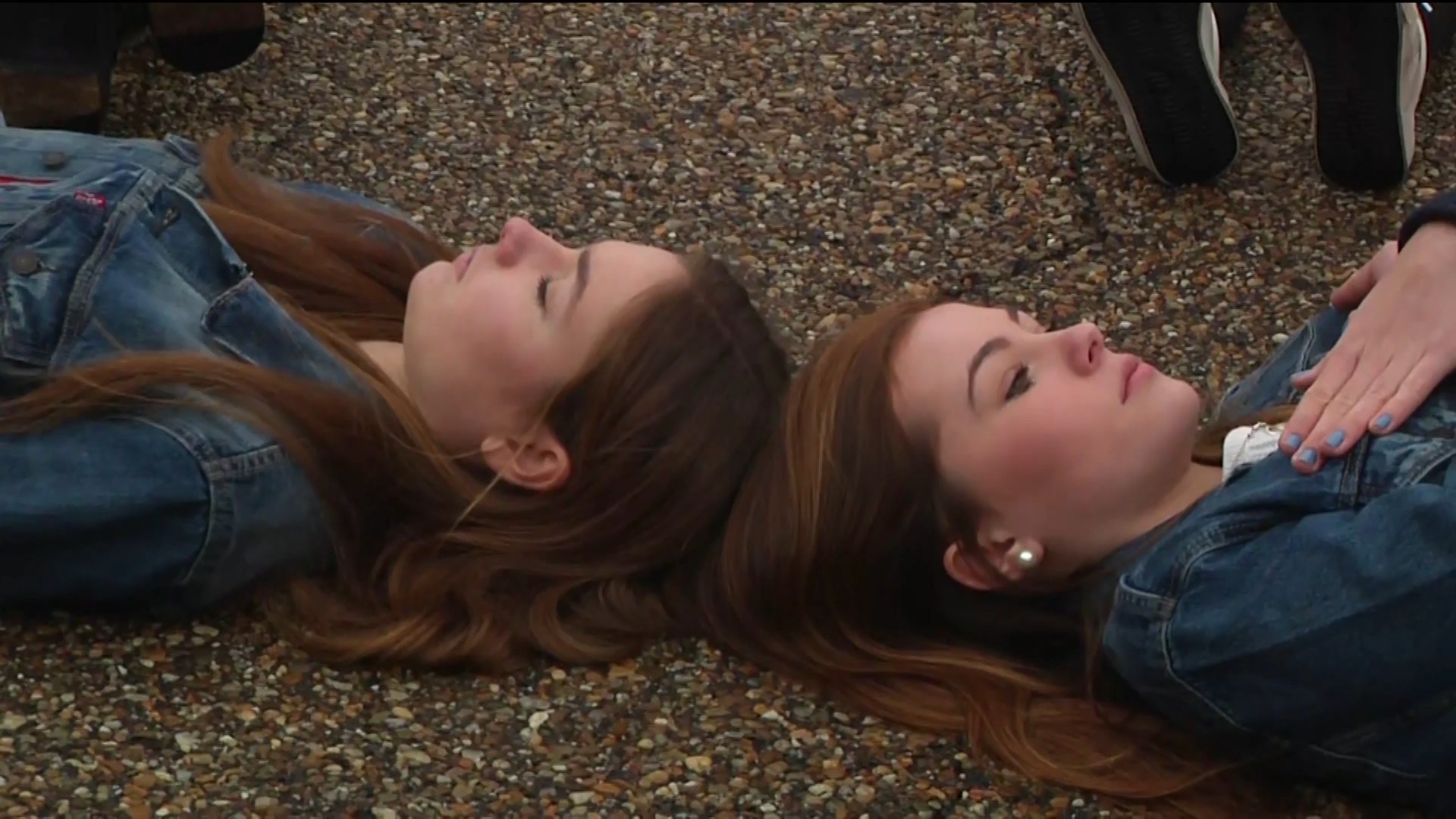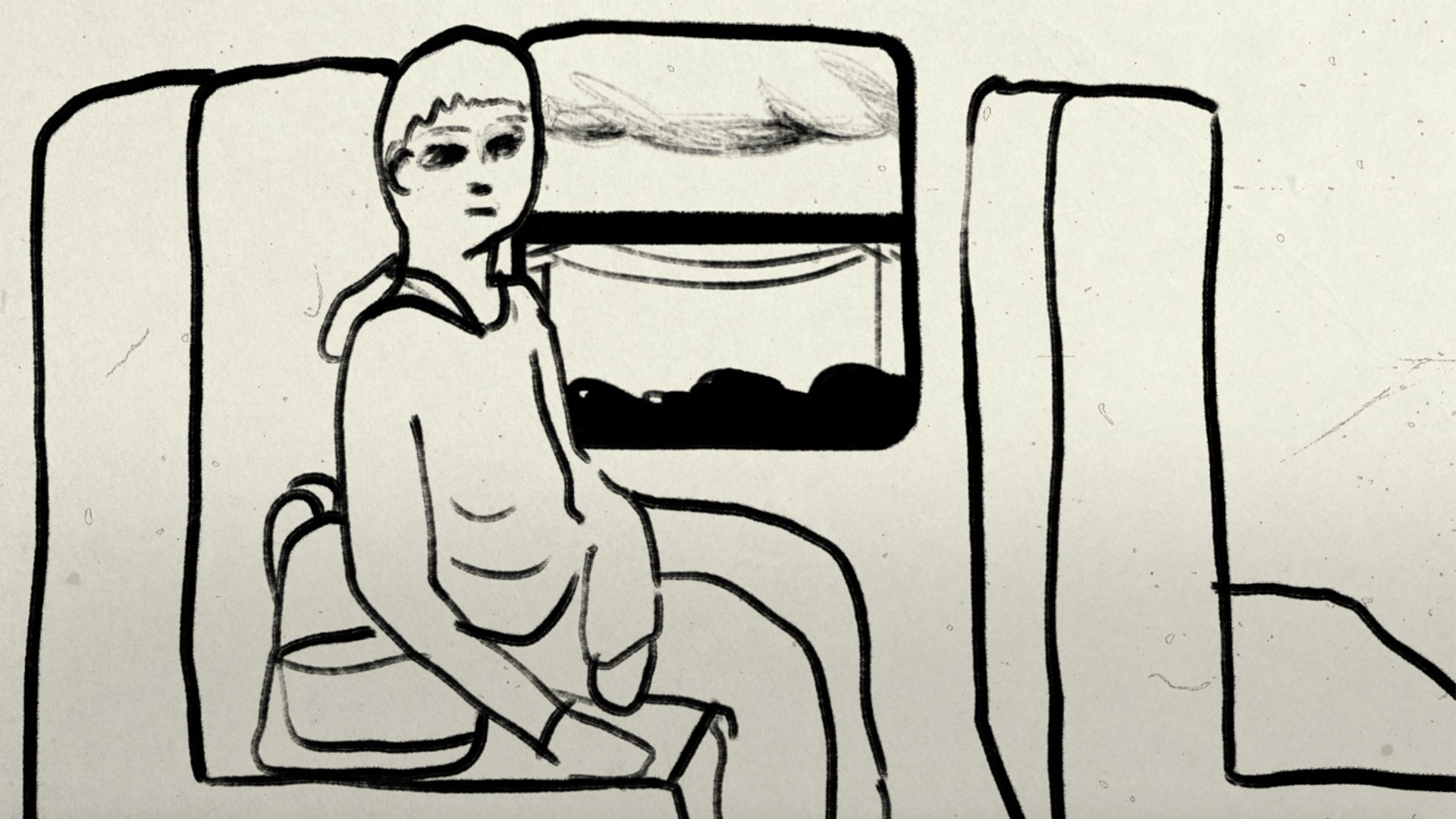Photo courtesy the author. Image by Lia Kantrowitz
This article is part of the Voices of School Shooting Survivors project, a series by VICE.com intended to shine a light on victims of school shootings across the country.On January 17, 1989, a drifter opened fire at Cleveland Elementary School in Stockton, California. When the carnage had subsided, five children were dead and 30 teachers and students injured. One of the survivors was primary school teacher Julia Schardt.I’m a very strong person and I’m also really pissed off.I remember it was a cold, crisp day. I even remember what I was wearing—a maroon corduroy dress. It was morning recess for the primary students—that’s the first through third graders. I was teaching second grade at the time and had 31 students in my class, and one stayed in because she had a cold. Then I heard some noises that sounded like firecrackers. I stepped out of my classroom into the large hallway. One of my good friends who was a kindergarten teacher was kneeling down.I looked at her and she said, "Oh my god, they’re killing our kids."

She had realized, somehow, it was gunshots and I discovered later it was because some of the bullets were coming through a wall, a classroom, another wall, a hallway and into her classroom. When she told me that, I went into my classroom and grabbed my student’s hand. I must have walked three circles because I didn’t know what to do. I wanted to protect her but I couldn't leave. I didn’t know where my students were. I knew they were outside but you just, it’s something that’s completely beyond comprehension, no matter what movies you see. No matter what TV you watch. There is nothing like hearing gunshots and finding yourself in a situation where this is happening. And then it was amazingly quiet and students started coming into the school from the playground. I just remember how quiet it was.Some of my colleagues were actually doing kind of a triage in the central area where our reading specialist was located. This was just surreal. One of my students told me that another one of my students had died and I said, "Oh, we don’t know that." I didn’t know what to say. My children actually saw their classmates shot. And then afterwards, when I took roll, I realized that two of my students were not in my classroom.I started reading a book: Two Bad Ants by Chris Van Allsberg, which I haven’t been able to read since then, but still have. One of my students said, "Teacher, Malin is bleeding." One of my students who was sitting in the front, I guess she had been hit with shrapnel. I didn't even realize. Second graders are pretty young—they kind of knew what had happened but were in their own state of shock.We all went back to school the day after. And I know recently they’ve closed schools, or students don’t come back for a while, and I think a lot of people, when they hear we went back to school, are kind of surprised. But I couldn’t imagine being any place else. The custodians at our school worked through the night to clean up. They did everything they could to re-patch holes and paint doors and things like that, and I think they're kind of forgotten in this conversation. But they’re such an important part of the story of what happened at Cleveland.It wasn’t until Sandy Hook that my fellow teachers and I got political. There were other school shootings between our incident and that one as well, of course, but after we retired, we had the time to organize. We decided to look into what we could do as far as action on gun-violence prevention.

We were surprised nothing happened after Sandy Hook because those parents went and spoke to legislators, and members of Congress were moved and sympathetic. We figured if you take a small step and legislate something, then that’s something to build on. But by the same token, when the NRA sees anything like that, when they sniff that in the air, they work twice as hard. They know if there is federal legislation, there’s going to be a crack in the wall and people are going to take a look at it and want to do more. We were surprised and we were disappointed and we were really angry. We’ve become cynical, but it hasn’t paralyzed us. If anything I think it’s motivated us to work even harder.Still, when I heard about Parkland, it almost broke me.I’m not naive, but I know if there are 100,000 kids that came out and participated in a walkout and participated in marches, if we only get ten who become leaders in the future, it’ll be great. To see young people step out and say they are ready to take action has made me optimistic. And even here in California, we worked with some of the student leaders who went to a couple of walkouts. They all said that they want to stay active and they realized they have a voice.I’m fairly confident there will be some changes in the next couple of elections and we could see some legislation happen. I’m also hopeful when I see a lot of states are enacting an ERPO—extreme risk protective order. As information about those efforts spreads, I think people are going to realize that there are some important things happening.I blame gun manufacturers and the NRA for keeping us from getting the legislation we need. I know they are using money to get their way, but I think people are getting frustrated with that, and I’ve seen people being strong enough to step out and call out the NRA on this. I’m hopeful it’s going to make a change in the culture of gun violence. I have to be hopeful because if I weren’t hopeful, I don’t know what I would do.
Advertisement

She had realized, somehow, it was gunshots and I discovered later it was because some of the bullets were coming through a wall, a classroom, another wall, a hallway and into her classroom. When she told me that, I went into my classroom and grabbed my student’s hand. I must have walked three circles because I didn’t know what to do. I wanted to protect her but I couldn't leave. I didn’t know where my students were. I knew they were outside but you just, it’s something that’s completely beyond comprehension, no matter what movies you see. No matter what TV you watch. There is nothing like hearing gunshots and finding yourself in a situation where this is happening. And then it was amazingly quiet and students started coming into the school from the playground. I just remember how quiet it was.
Advertisement
Advertisement

We were surprised nothing happened after Sandy Hook because those parents went and spoke to legislators, and members of Congress were moved and sympathetic. We figured if you take a small step and legislate something, then that’s something to build on. But by the same token, when the NRA sees anything like that, when they sniff that in the air, they work twice as hard. They know if there is federal legislation, there’s going to be a crack in the wall and people are going to take a look at it and want to do more. We were surprised and we were disappointed and we were really angry. We’ve become cynical, but it hasn’t paralyzed us. If anything I think it’s motivated us to work even harder.Still, when I heard about Parkland, it almost broke me.I’m not naive, but I know if there are 100,000 kids that came out and participated in a walkout and participated in marches, if we only get ten who become leaders in the future, it’ll be great. To see young people step out and say they are ready to take action has made me optimistic. And even here in California, we worked with some of the student leaders who went to a couple of walkouts. They all said that they want to stay active and they realized they have a voice.I’m fairly confident there will be some changes in the next couple of elections and we could see some legislation happen. I’m also hopeful when I see a lot of states are enacting an ERPO—extreme risk protective order. As information about those efforts spreads, I think people are going to realize that there are some important things happening.I blame gun manufacturers and the NRA for keeping us from getting the legislation we need. I know they are using money to get their way, but I think people are getting frustrated with that, and I’ve seen people being strong enough to step out and call out the NRA on this. I’m hopeful it’s going to make a change in the culture of gun violence. I have to be hopeful because if I weren’t hopeful, I don’t know what I would do.
